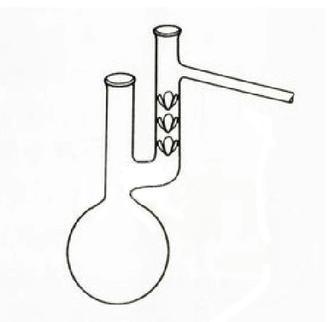Distillation principles and techniques

Distillation is a technique widely used in refineries, petrochemical plants, chemical plants, chemistry laboratories and in many other fields.
To deepen professional knowledge about distillation techniques is extremely valuable, because a good distillation design, maintenance and operation positively increases the profitability and the safety of the process.
Objectives:
• Learn the basic principles of distillation theory
• Understand the advantages and disadvantages of each typology of distillation technique
• Learn how to choose and size the equipment used for distillation
• Develop and understand distillation process design
• Learn how to identify and avoid undesirable distillation operation regimes
• Learn how to control distillation processes
• Perform a basic economic analysis of a distillation process
• Become aware of the safety and environmental risks associated with distillation process
Contents:
• Flash distillation
• Binary distillation
• Classification of equipment used
• Batch vs continuous distillation
• Multicomponent distillation
• Fractionating distillation
• Azeotropic distillation
• Extractive distillation
• Reactive distillation
• Phase diagrams
• Liquid-vapour equilibrium for ideal and non-ideal mixtures
• Determination of column height and diameter
• Estimation of optimal reflux ratio
• Shortcut distillation design methods
• Distillation process control
• Measures to increase the safety of a distillation process
• Distillation maintenance operations
• Distillation process economic analysis
Who should attend?
This course in intended of all the professionals working in the chemical, petrochemical, oil and process industries with a need to understand, prevent and overcome issues related to the distillation process.
These will include petroleum engineers, production engineers, trainee process engineers, R&D chemists, plant chemists, plant operators and economists.
If requested, the programme can be adjusted to the specific requests of the participants, in particular:
• The theory and practice can include more complex case studies and also an introduction to distillation process simulation, making the course more attractive for more experienced engineers.
• Further explanations about chemical engineering principles can be provided during the course, making the course also suitable for non-technical staff.
